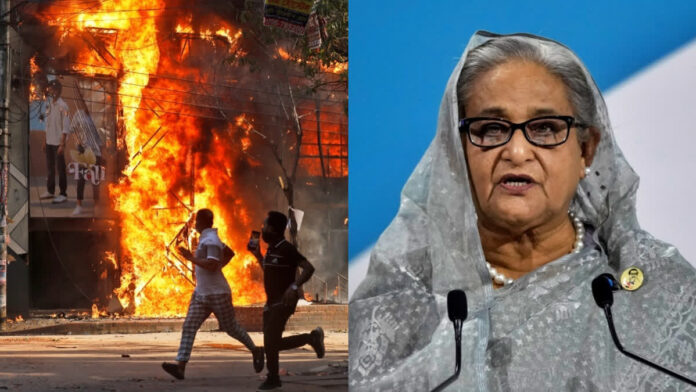Bangladesh is currently undergoing significant political changes following the end of Prime Minister Sheikh Hasina’s long-standing rule. The transition has been marked by widespread public dissatisfaction, protests, and a demand for justice against alleged electoral manipulations and authoritarian practices that characterized her government.
In a bid to restore stability, an interim government led by Nobel laureate Muhammad Yunus has been sworn in. This government is tasked with guiding the nation through this turbulent period and addressing the deep-rooted issues of corruption, political violence, and social injustice that have plagued Bangladesh for years.

Nobel laureate Muhammad Yunus heads Bangladesh’s interim government amidst political unrest post-Hasina era. Explore recent changes
Yunus and his team face the enormous challenge of uniting a deeply divided society while laying the groundwork for free and fair elections. They must also deal with the legacy of Hasina’s administration, which includes controversial policies and actions that have left a lasting impact on the country’s political and social fabric.
As Bangladesh navigates this critical juncture, the international community is watching closely, with hopes that the country will emerge stronger and more democratic in the aftermath of these changes.
For more detailed information on the developments in Bangladesh, you can read further from sources like The Diplomat and Livemint.





